Search
Search Results

Video
History vs. Sigmund Freud - Todd Dufresne
Working in Vienna at the turn of the 20th century, he began his career as a neurologist before pioneering the discipline of psychoanalysis, and his influence towers above that of all other psychologists in the public eye. But was Sigmund...
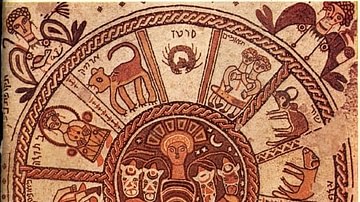
Definition
Western Astrology
Western astrology refers to a form of divination based on the motion of astronomical objects such as stars or planets. The belief that astronomical objects are divine or influence events on Earth is found in many cultures, but the practices...
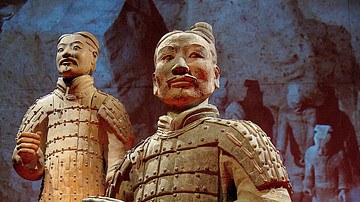
Definition
The Art of War
The Art of War (Sunzi bingfa) is a 5th-century BCE military treatise written by the Chinese strategist Sun-Tzu (aka Sunzi or Sun Wu). Covering all aspects of warfare, it seeks to advise commanders on how to prepare, mobilise, attack, defend...

Article
Ethnicity & Identity Within the Four-Room House
The process of determining ethnicity is a problematic venture, even more so when interpreted through the archaeological record. Despite this issue, evidence, such as the four-room house, has been preserved that can be interpreted to represent...
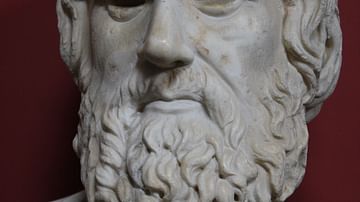
Definition
Sophocles
Sophocles of Kolōnos (c. 496 - c. 406 BCE) was one of the most famous and celebrated writers of tragedy plays in ancient Greece and his surviving works, written throughout the 5th century BCE, include such classics as Oedipus Rex, Antigone...
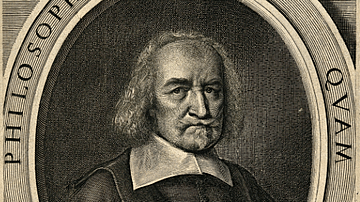
Definition
Thomas Hobbes
Thomas Hobbes (1588-1679) was an English philosopher who famously summarised his pessimistic view of human nature in his greatest work, Leviathan, published in 1651. Hobbes believed that the life of humanity in the state of nature is short...

Definition
Antikythera Mechanism
The Antikythera mechanism (also known as the Antikythera Device), dated to the late 2nd century/early 1st century BCE (roughly 205-60 BCE) is understood as the world's first analog computer, created to accurately calculate the position of...
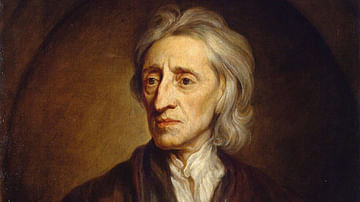
Definition
John Locke
John Locke (1632-1704) was an English philosopher responsible for laying the foundation of the European Enlightenment. Locke believed that each branch of government should have separate powers, that liberty must be protected from state interference...
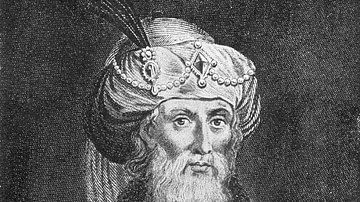
Definition
Flavius Josephus
Titus Flavius Josephus (36-100 CE), was born Yosef ben Matityahu and became a 1st-century CE Jewish historian. He was a member of a priestly household in Jerusalem through his father’s side (the house and order of Jehoiarib), and his mother...
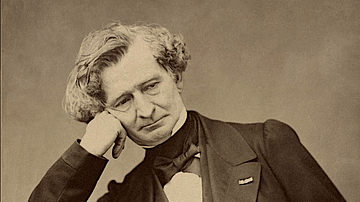
Definition
Hector Berlioz
Hector Berlioz (1803-1869) was the leading French composer of Romantic music, best known for his innovative Symphonie fantastique and use of large-scale orchestras and choruses in works like The Trojans opera. Berlioz's innovative style brought...